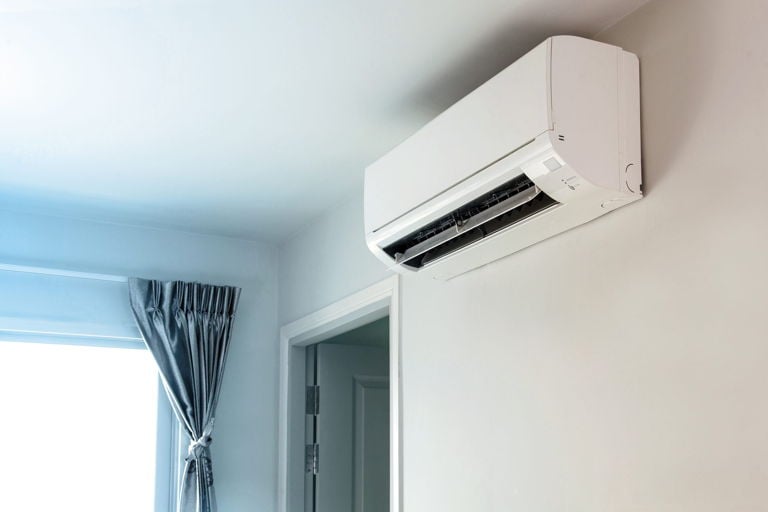Choosing the best way to heat and cool your home is one of the most important financial decisions you will make, and ductless mini-splits should be on your list of options.
Getting an HVAC system is a significant investment, not just because of the initial outlay, which can be similar to buying a car, but also because your choices will continue to affect your household budget well into the future.
More efficient HVAC solutions mean less money spent on energy bills. Most central furnaces, air conditioners, boilers, and mini splits have a lifespan of 15–20 years. So choose wisely.
However, many homeowners don’t stay in one home for their entire lives. So before you install a new HVAC system, you might ask yourself how a ductless mini-split heat pump will affect the resale value of your home.
Let’s take a look.
How Do Ductless Mini-Splits Affect Home Value?
Mini-splits provide an eco-friendly and cost-effective way to heat and cool your home. More and more homeowners are opting for energy-efficient products in their homes. Not only are people becoming more conscious of their carbon footprint, but they are looking to lower their utility bills as well.
Mini splits provide an option to reduce energy consumption and thus, have a lower operation cost than traditional central HVAC systems.
A mini-split system will likely increase your home’s value in this regard. Prospective buyers know they could have lower energy bills and reduced environmental impact.

Mini-Split Installation Cost
Mini splits aren’t cheap. That’s no secret. But neither are forced-air furnaces and air conditioners.
Just how much you are going to spend on a mini split system is going to depend on several factors.
- The size of your unit. Higher Btu requirement means higher cost.
- The distance from outdoor to indoor units. The further this measurement is, the more line needs to be installed.
- How many indoor air handler units are required. A mini split with one head will be much cheaper than one with several. Also, ceiling head units tend to cost more and require more installation work.
As a rough guide, though, you can expect to pay between $5,000 and $8,000 per zone. So installing mini-splits to heat and cool an entire home could set you back more than $20,000.
Installation costs vary throughout the US. To find more exact prices, contact a couple of HVAC companies local to your area. They will be more than happy to answer your questions.
Mini-Split Operating Costs

While installation costs are high, operation costs are far lower than the competition. Mini splits are made to be energy efficient, and it’s one of their biggest selling points.
However, how much you’ll pay in the long run depends on several factors, including:
- The size of your home
- How well insulated your home is
- The price of electricity in your area
- Which climate zone you are located in
So, running costs can vary a lot, but as a general example, running a 12,000 Btu mini-split system will cost you $0.46 per hour, based on an electricity price of $0.13 per kWh.
If you are in an area with very cold winters, you will likely have to install a system with backup heaters. While mini splits are capable of providing heat in cold climates, when the temps get below -15° F, the mini split can struggle to keep up.
How Much Value Does a Mini-Split Add to Your Home?
Figures for how ductless mini-splits affect home value are hard to come by. Still, a recent report from the Center for Global Sustainability (CGS) has looked into this and shared its findings in the journal Nature Energy.
The researchers found that in addition to attractive running costs, thanks to their high efficiency, heat pumps increased home values in almost half of US states by between $10,400 and $17,000.
The study shows that people are more likely to pay more for houses with heat pumps and other energy efficiency measures if they are middle class, more environmentally conscious, or live in mild-climate parts of the country.
The research findings also concluded that the increase in the price of homes achieved from installing heat pump systems is even more significant than the cost of installing the systems.
As well as saving money in operation costs compared to many of the alternatives, if you are in the right market, you can expect to see the value of their home increase by more than the cost of the installation.



